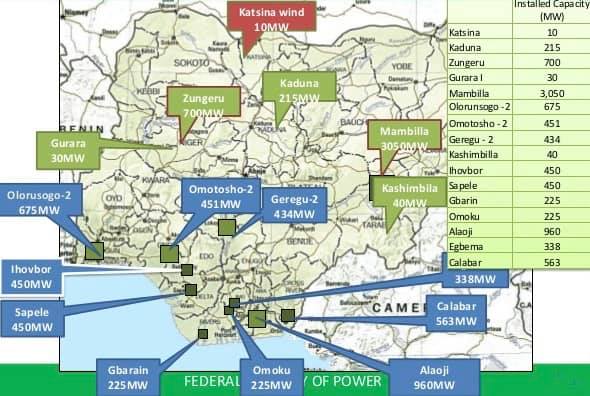There are no products in your shopping cart.
| 0 Items | £0.00 |


INTERNATIONAL Monetary Fund (IMF) officials have advocated $49bn worth on investment in Nigeria's power sector between now and 2030 as a means of addressing the non-ending problem of epileptic electricity supply.
Groaning under the weight of what has now been a menace that simply refuses to go away, Nigeria needs about 100,000MW to fully industrialise but currently only generates 7,000MW of which she can only distribute 4,000MW. In a desperate bid to address the problem, President Muhammadu Buhari has signed a bilateral agreement with German engineering giant Siemens to come and administer the sector.
In its latest report on the sector titled Additional Spending towards Sustainable Development Goals, the IMF said a massive increase in investment is required. It added that while Nigeria has made some progress in terms of access to electricity, with the share of population with power increasing to 54% in 2020 from 40% in 2015, consumption still amounts to about half of what would be expected at the current level of gross domestic product (GDP) per capita.
“The electricity supply chain - generation, transmission, and distribution, faces substantial challenges due to years of under-investment. Only 7,500MW of the 13,500MW on-grid installed generation capacity is functional.
“Transmission is the system’s bottleneck, dispatching 50% below its nominal capacity, less than 4,000MW is end-to-end operational through the grid. Of this, about 10% of on-grid electricity demand is unmet,” the IMF report said.
Highlighting the need for huge investment in the power sector to address the challenges, increase access and keep up with population growth, the IMF added that generation capacity needs to be expanded. It, however, advised that in the short term, efforts to rehabilitate and upgrade generation and transmission capacity should be a priority.
“Between 2018 and 2030, the population is projected to increase from 196m to 263m and in this period, GDP per capita in US dollars is projected to increase marginally. Electricity consumption per capita is estimated to grow from 348 kWh in 2019 to 635 kWh by 2030, driven by increased access.
“To expand installed capacity by 22.4GW, at a unit cost of $2,184 per kW (including generation, transmission, and distribution costs), Nigeria will have to invest an aggregate of $49bn in 2020 to 2030, which on an annual basis is equivalent to 1% of GDP, including replacement costs," the IMF report added.